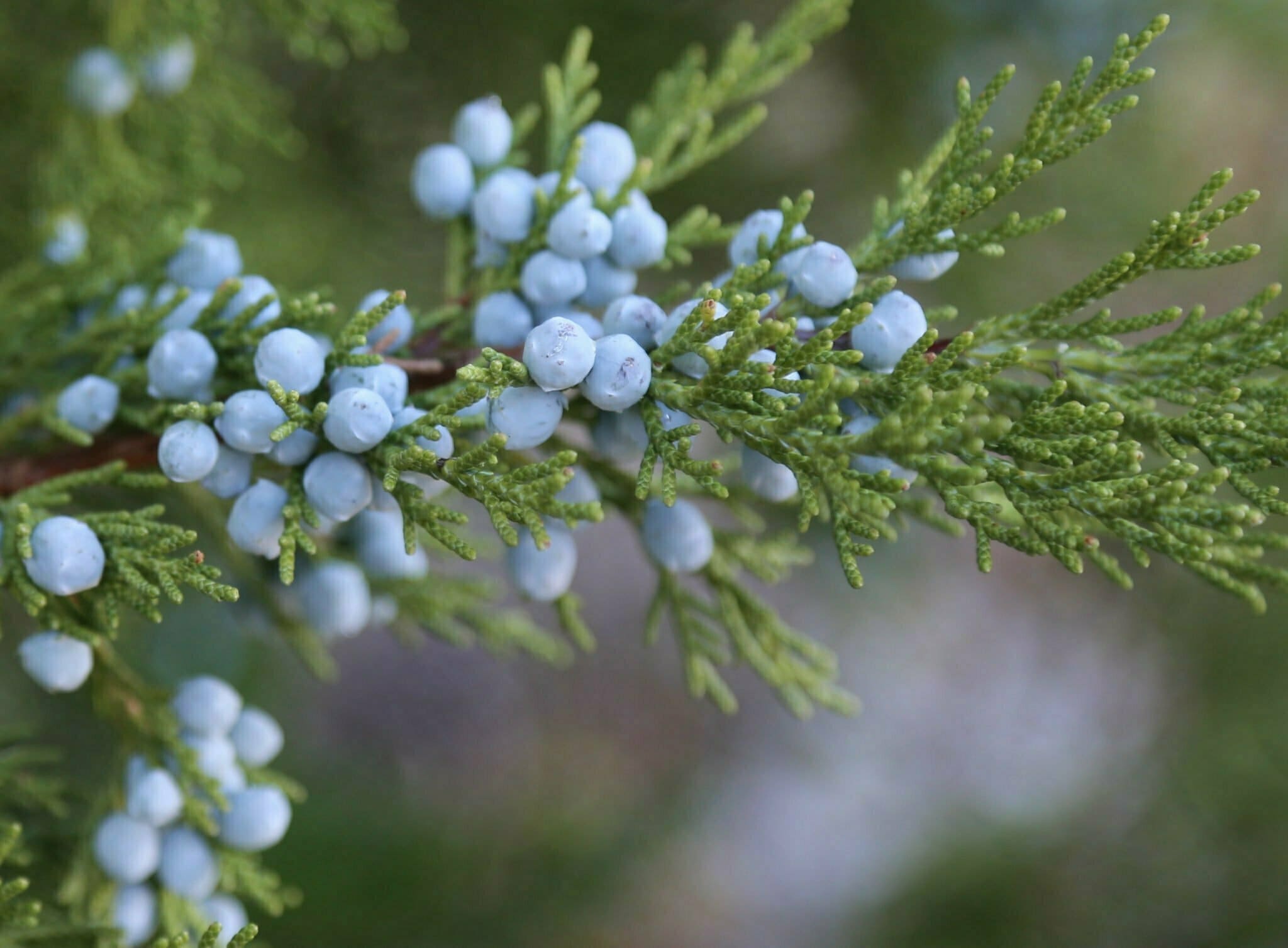Juniper berries may be small, but they pack a bold punch. Known for their unique, piney taste, these little blue gems are the unsung heroes of many savoury dishes and, of course, gin. Let’s dive into what makes juniper berries such a fascinating and versatile spice.
What Are Juniper Berries?
Despite their name, juniper berries aren’t true berries—they’re actually the seed cones of the juniper plant (Juniperus communis). These dark blue, almost black spheres are covered with a waxy coating and have a woody, resinous flavour reminiscent of the forest, with hints of citrus and pepper.
A History Rooted in Tradition
Juniper berries have been used for thousands of years, dating back to ancient Egypt, Greece, and Rome. They were valued not only for their flavour but also for their medicinal and spiritual properties. Native Americans and European herbalists used juniper berries in remedies for digestive issues, respiratory ailments, and even to ward off evil spirits.
Where Do They Grow?
Juniper plants thrive in the Northern Hemisphere, from Europe to Asia and North America. These hardy shrubs are commonly found in rocky, mountainous regions.
Culinary Uses
Juniper berries are most famous for their role in gin, giving the spirit its signature flavour. But their culinary applications extend far beyond cocktails:
- Game Meats: Their earthy, piney flavour pairs beautifully with venison, wild boar, and duck.
- Marinades and Rubs: Crush the berries and mix with garlic, rosemary, and other spices for a bold seasoning.
- Sauces: Add them to sauces for roast meats, such as a red wine or cranberry reduction.
- Pickling: They’re a popular addition to brines and pickling recipes, lending a subtle, aromatic quality.
- Vegetarian Dishes: Use them to flavour roasted root vegetables or lentil stews for a unique twist.
Health Benefits
Juniper berries are not just about flavour—they also offer impressive health benefits:
- Digestive Aid: They help stimulate digestion and relieve bloating.
- Diuretic Properties: Juniper berries are known to support kidney health by promoting urine flow.
- Anti-inflammatory Effects: Their compounds may help reduce inflammation in the body.
- Rich in Antioxidants: Juniper berries contain powerful antioxidants that combat free radicals and support overall health.
How to Use Juniper Berries in Cooking
- Crush Before Use: The berries are hard, so crushing or lightly bruising them releases their oils and enhances flavour.
- Use Sparingly: A little goes a long way—overusing them can make dishes overly bitter.
- Pair with Other Spices: They complement herbs like thyme, rosemary, and bay leaves beautifully.
Fun Fact: Gin and Juniper
The word “gin” comes from the Dutch word jenever, meaning juniper. This spice is the defining ingredient in gin, giving the spirit its crisp, aromatic profile.
Precautions
While juniper berries are generally safe in small culinary amounts, consuming large quantities or using them medicinally should be done cautiously. Pregnant women and individuals with kidney issues should consult a doctor before using juniper berries.
Conclusion
Whether you’re crafting a gin cocktail, seasoning a stew, or exploring new flavours in the kitchen, juniper berries bring a delightful taste of the wild to your recipes. Their unique piney flavour and healthful properties make them a spice worth experimenting with.
Have you ever cooked with juniper berries? Share your favourite recipes and tips in the comments below!

